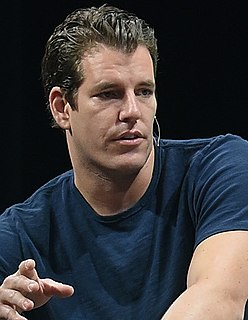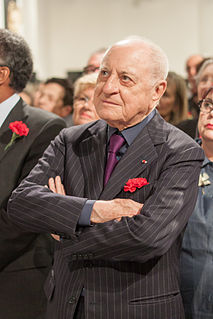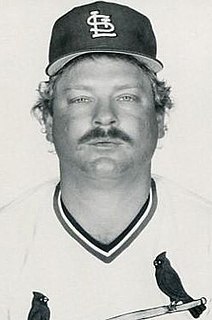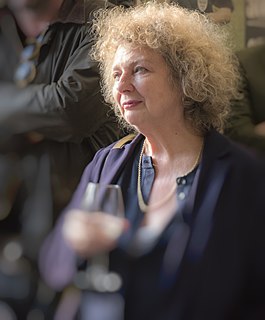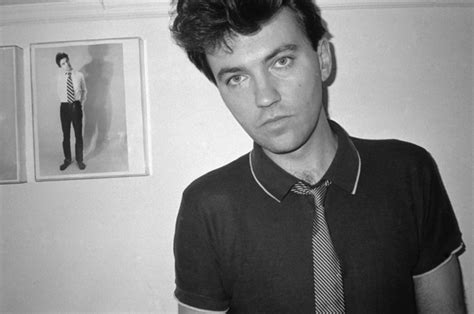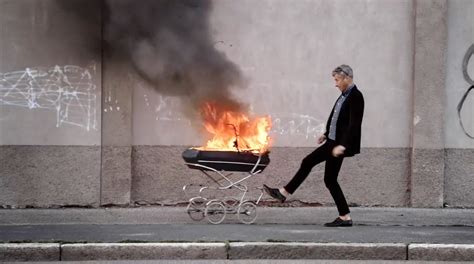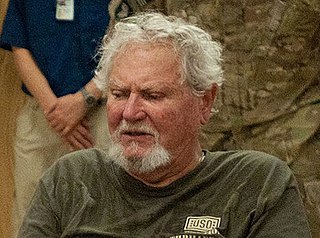A Quote by Nathan Myhrvold
We're more familiar with what economists call an English auction - prices start low and rise as people bid. However, there is also the Dutch auction, where prices start high and go lower until somebody bites. Movies are sold to the audience via a very slow Dutch auction, where each phase between price drops can last weeks or months.
Related Quotes
So, you're seeing the Rolls-Royces and the Bentley's still selling for big prices. You're seeing jewelry still selling, art works at auction. There was a diamond that sold for I think 38 million, 48 million, something like that just a week ago. So prices are back up to their highs, getting stronger and more and more people seem to have more and more money to spend.
The lesson here, and my advice for other developers, is to find a way that you can quantify for people what your product is worth. We were leery to do it ourselves, but being near Vetro when they did, the auction was a good technique for that. No one wants to be first, and the auction proved to people that others were buying and gave them that boost of confidence they needed.
There is no such thing as agflation. Rising commodity prices, or increases in any prices, do not cause inflation. Inflation is what causes prices to rise. Of course, in market economies, prices for individual goods and services rise and fall based on changes in supply and demand, but it is only through inflation that prices rise in aggregate.
I think what happened in the last 10 or 15 years in the art market is that all the players - and that includes artists, dealers, art advisors, everyone - basically became dealers. We've had old-school collectors morph into speculators, flipping works. We've seen auction houses buying works directly from artists or from sleazy middlemen. The last step before the crash was the artists themselves supplying the auction houses. Dealing themselves, you know? The art world is as unregulated as any financial market there is.
I was driving by an auto auction one day, and they were auctioning off a beautiful Hispano-Suiza. I started bidding even though I hadn't even signed up with the officials. The last bid was $50,000, and it was mine. And I thought, 'My God, what have I done? I've never spent more than $500 in my life.' That was the first one.

